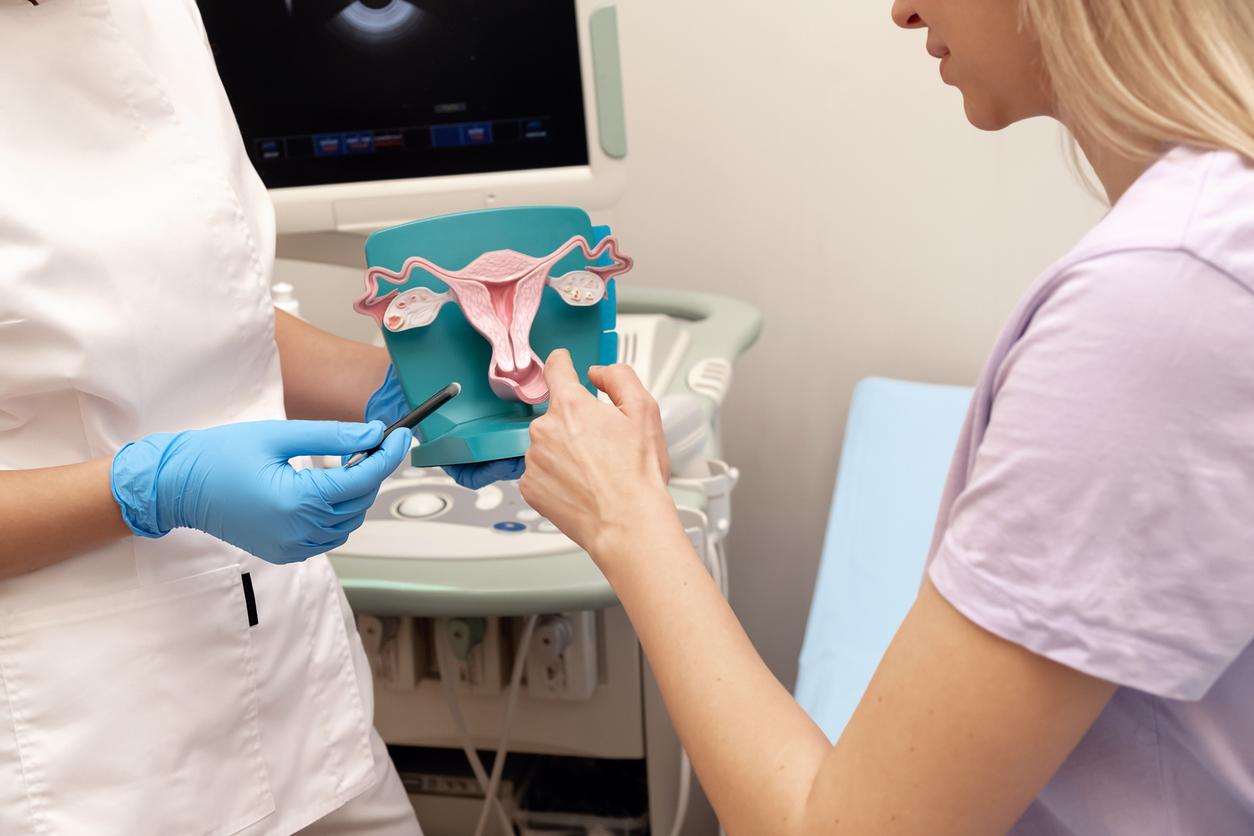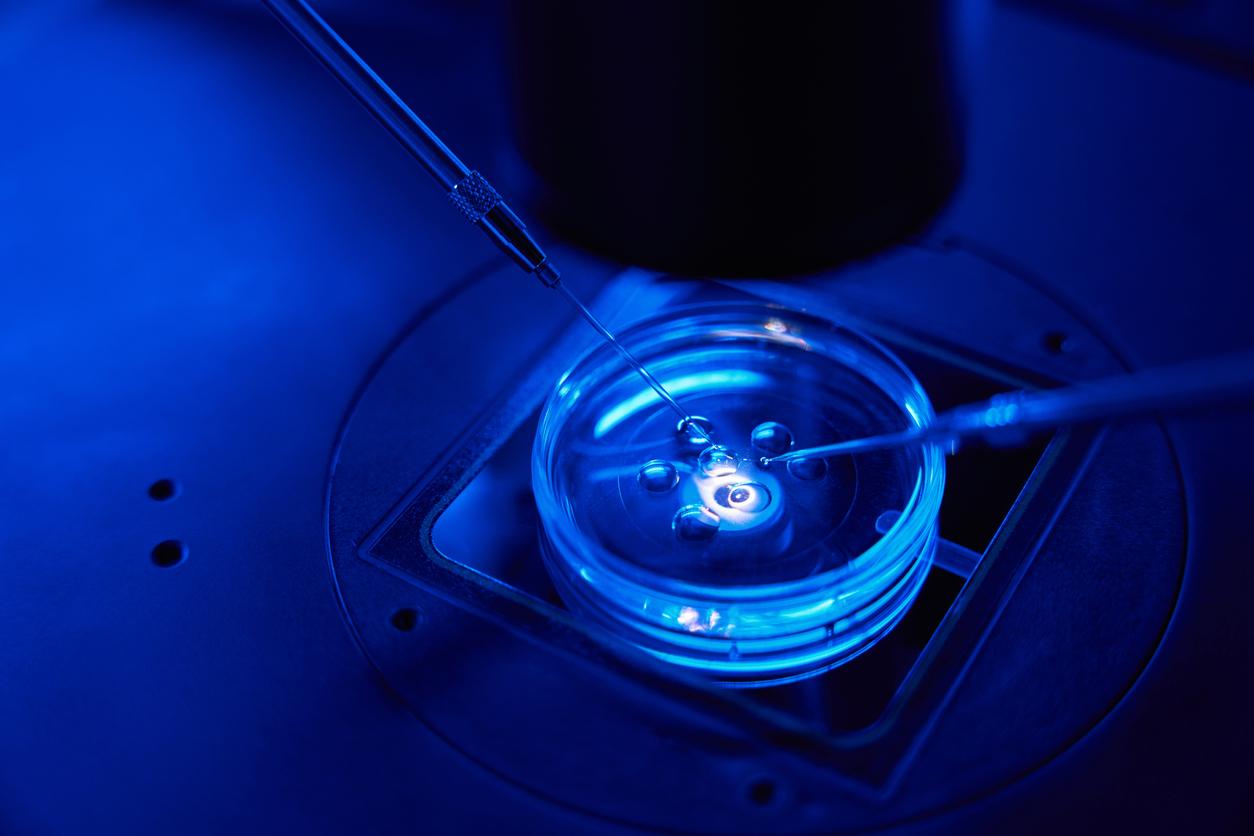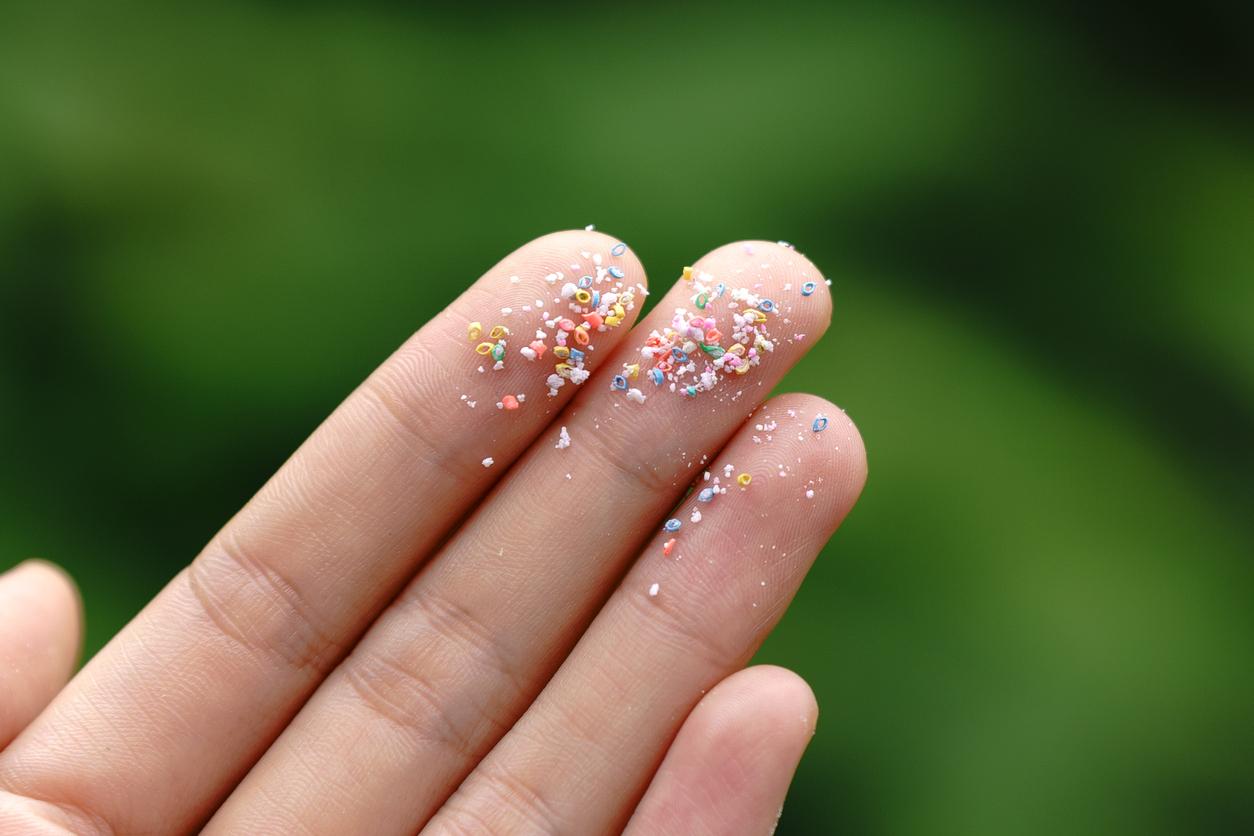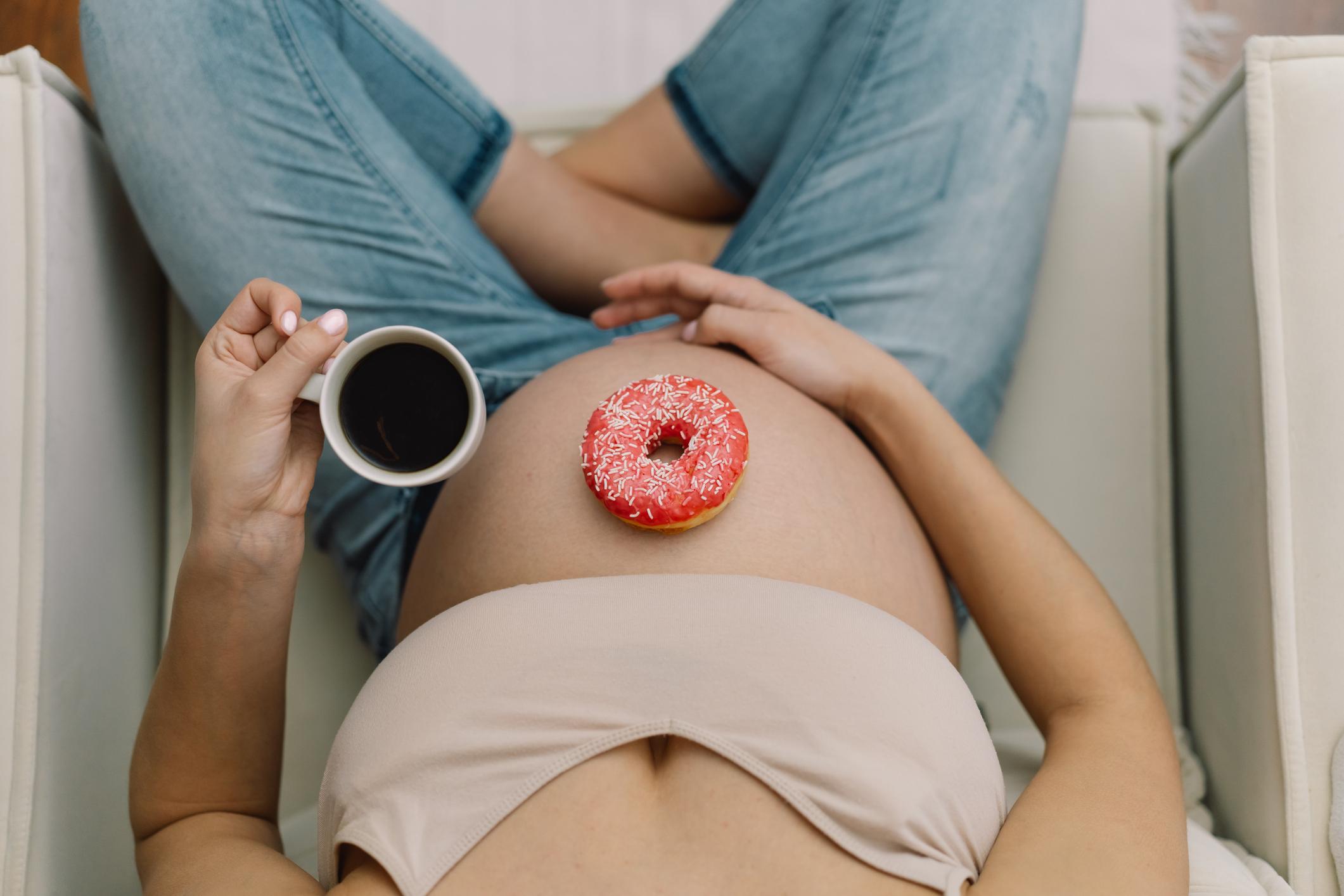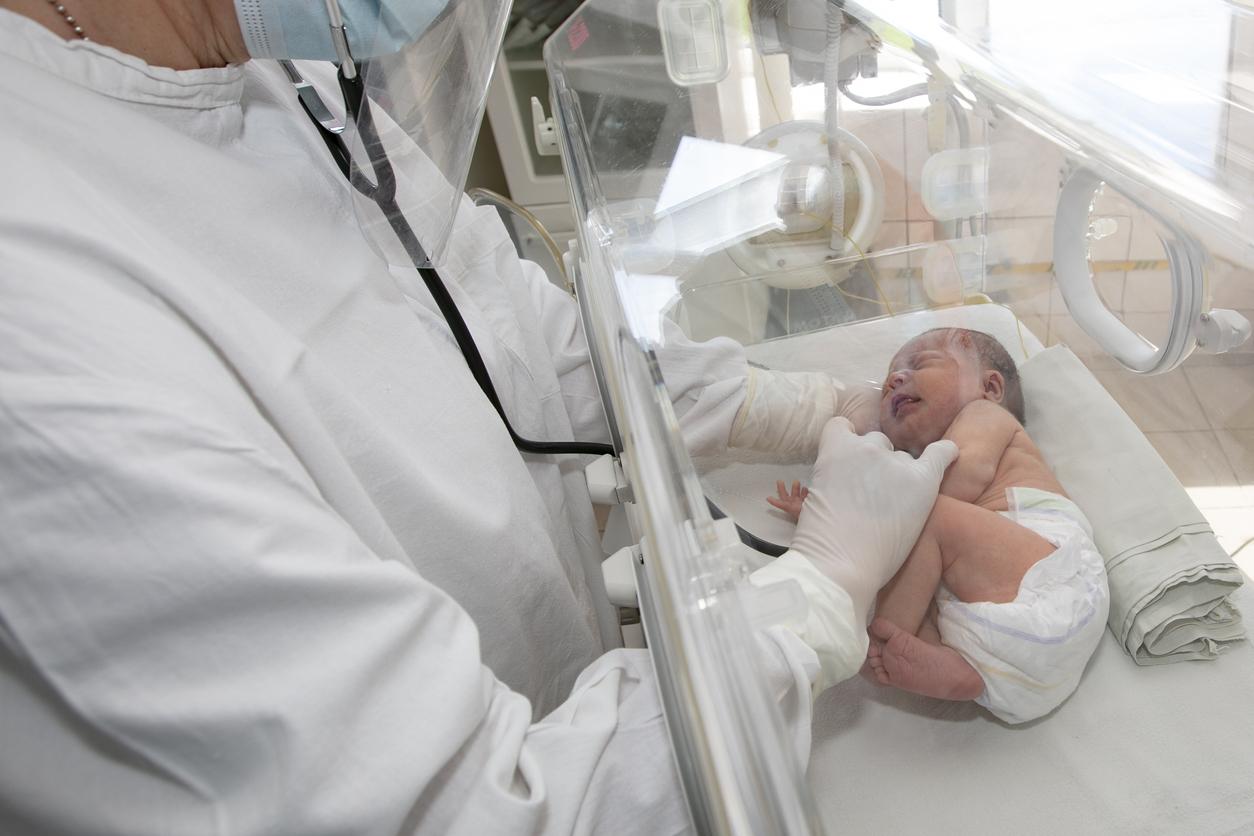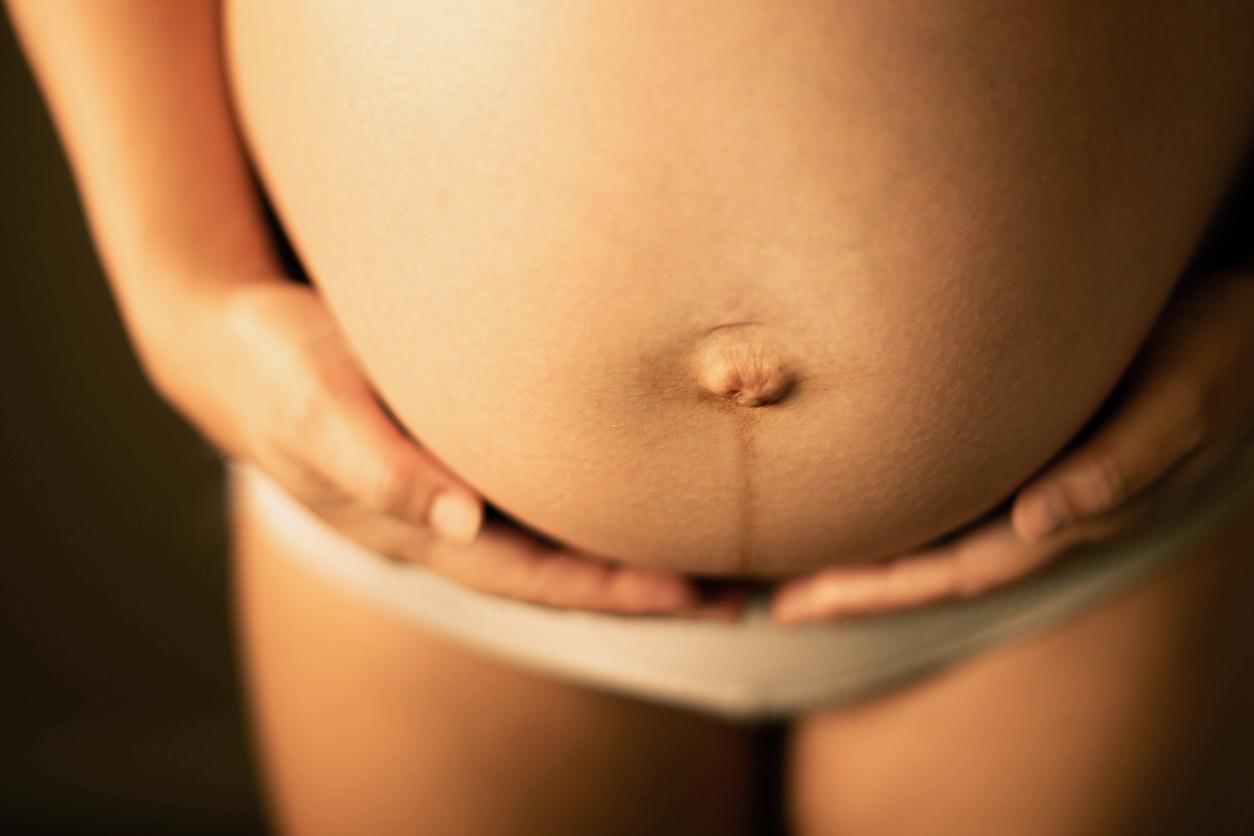An American research team recently observed that benzyl butyl phthalate (BBP) could have effects on eggs and impact human reproduction.

- Benzyl butyl phthalate (BBP) is a product used in many products such as food packaging or children’s toys.
- BBP could, however, have an impact on fertility.
- American researchers recently found that BBP could damage the quality of eggs and thus induce chromosomal abnormalities.
Used mainly as a plasticizing agent, benzyl butyl phthalate (BBP) is found in many plastic products such as food packaging or children’s toys. It is also used for the manufacture of paints, lacquers or inks. According to L‘National Institute for Research and Security (INRS)it could have toxic effects on fetuses and is likely to damage fertility.
Exposure to BBP: eggs with an incorrect number of chromosomes
To complement previous research on BBP and its interference with hormones, dResearchers at Harvard Medical School (United States) recently became interested in the effects of this chemical substance on sexual cells and its impact on human reproduction and development.
During this work published in the journal PLOS Geneticsthe American team tested a series of doses of BBP on worms of the species Caenorhabditis elegans. The objective was to determine abnormal changes within the ovules of invertebrates. The scientists then observed that exposure to BBP caused oxidative stress and breaks in the DNA strands in the worms, which led to lower quality eggs with an incorrect number of chromosomes.
The damage of BBP on human reproduction
According to the conclusions, BBP is a very toxic product which impacts animal, but also human, reproduction. In fact, the worms Caenorhabditis elegans metabolize BBP in the same way as mammals, and they are affected by levels of BBP similar to those observed in humans. These invertebrates are therefore interesting models for assessing the damage of this substance in humans.










